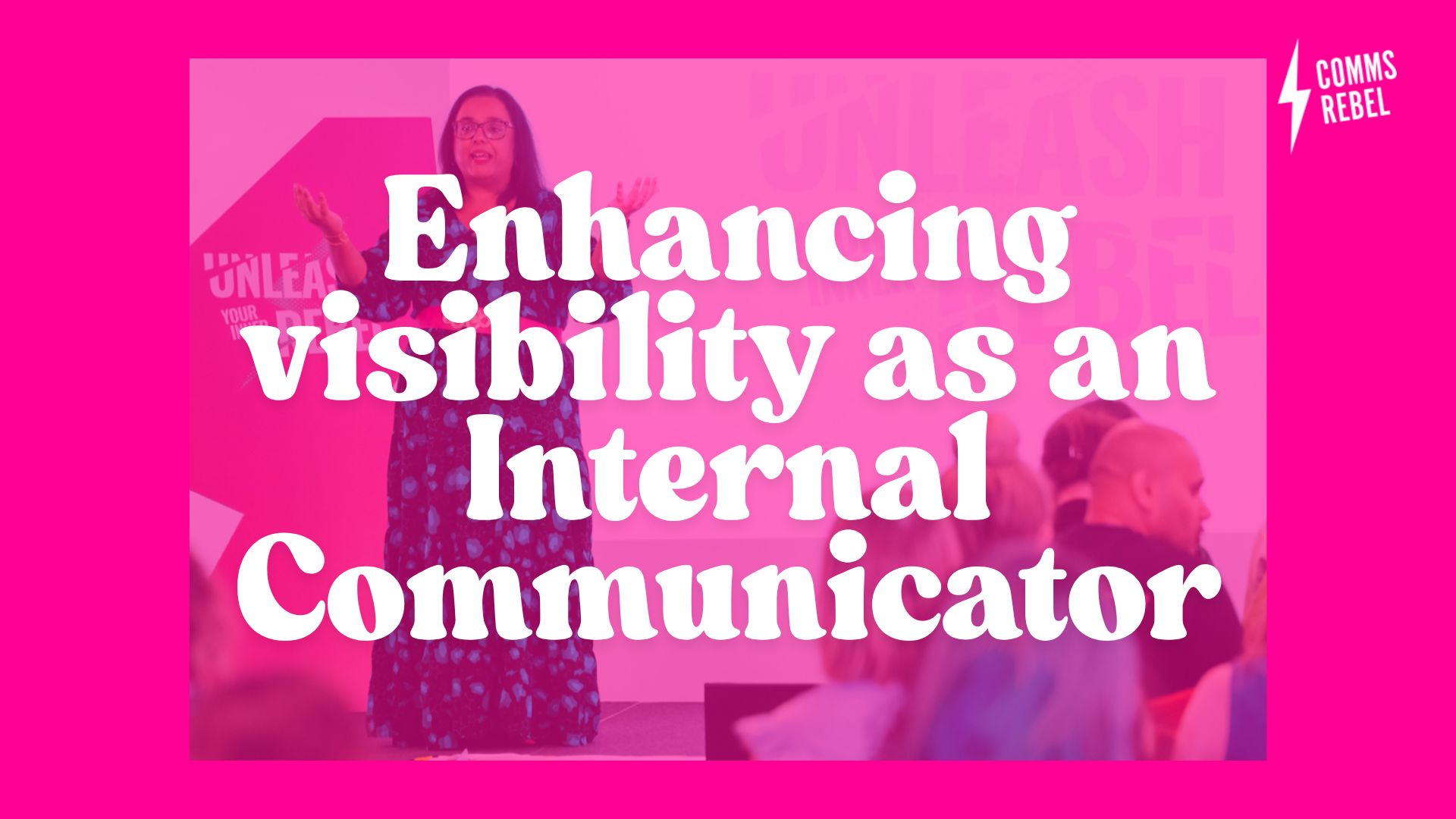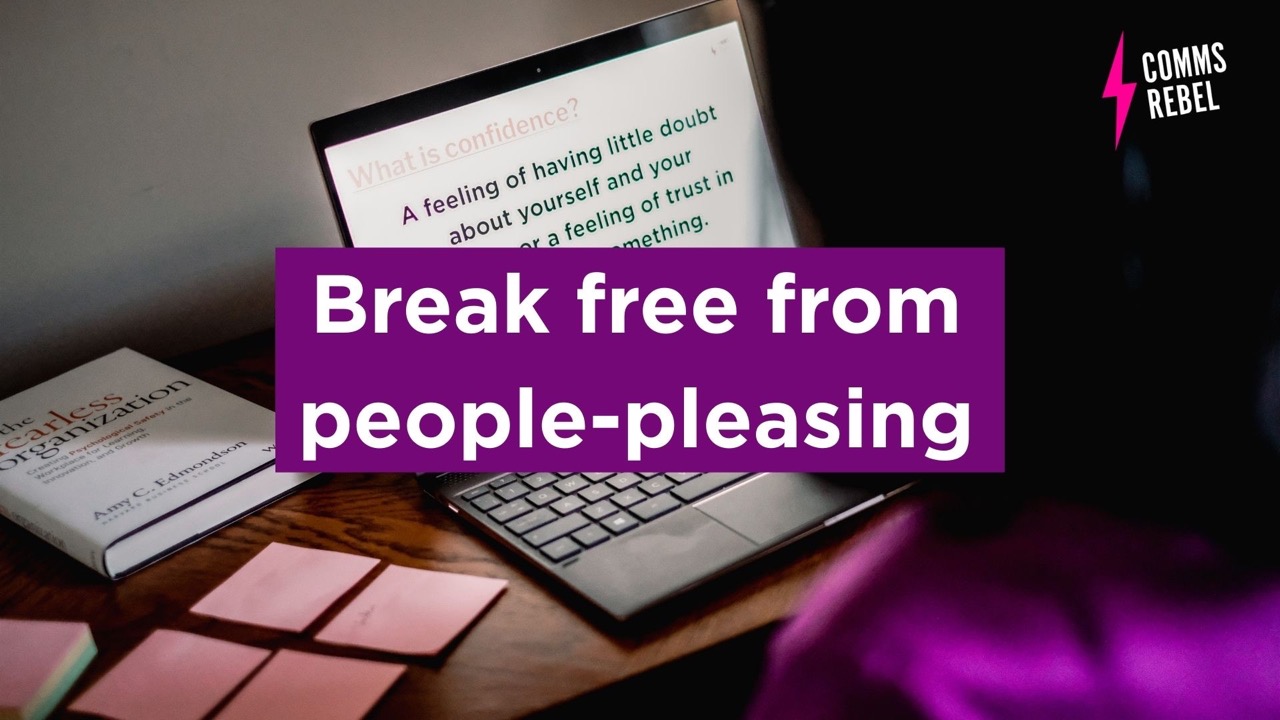Crisis communication plans have been deployed in most organisations across the UK following the race riots we’ve been experiencing in parts of the UK.
I’ve been sharing advice on LinkedIn, but I thought it would be useful to combine all the information into one post.
Even though the recent solidarity displayed by anti-fascist protestors during the Race Riots in parts of the UK, brings a sense of hope amid the current climate of fear and unrest. The trauma many have experienced is likely to linger, affecting mental and emotional well-being for months to come. It’s imperative that employers acknowledge this reality and take steps to support their workforce.
In this blog, we’ll explore key actions your organisation can take to build a supportive, inclusive environment that ensures employees feel safe, heard, and valued.

1) Equip managers with essential tools
Managers are often the first point of contact for employees grappling with trauma. To help them navigate these sensitive conversations, provide a comprehensive briefing pack that includes:
- FAQs to address common concerns.
- Key policy highlights to reinforce your organisation’s commitment to diversity, equity, and inclusion (DEI).
- Resource links to mental health support, such as Employee Assistance Programmes (EAPs).
With the right tools, managers can better support their teams through difficult times.
2) Facilitate open dialogue
In the wake of traumatic events, employees may feel isolated or unsure of how to process their emotions. Providing spaces for open dialogue can be immensely beneficial. Consider organising facilitated discussions where employees can share their thoughts in a supportive environment. Bringing in an external facilitator or leveraging internal expertise can help guide these conversations effectively.
Creating these spaces reinforces a sense of community and reminds employees they’re not alone.
3) Combat misinformation through education
The recent riots, partly driven by misinformation following a tragic incident in Southport, highlight the need for education on media literacy. Your organisation can play a key role by:
- Training employees to identify fake news and unreliable sources.
- Guiding them on how to report and address misinformation within the workplace.
By promoting critical thinking and media literacy, you help prevent the spread of harmful narratives that can deepen fear and division.
4) Update crisis communication plans
Clear and effective communication is crucial during crises. Ensure your crisis communication plans are up-to-date, including protocols for when employees may be in danger. This should cover:
- Emergency contact procedures.
- Guidelines on how to respond to incidents of violence or threats.
- Information on available support services for those affected.
Updated protocols not only enhance preparedness but also reassure employees that their safety is a top priority.
5) Address workplace prejudices head-on
There’s a misleading perception that recent rioters are predominantly unemployed and uneducated. In reality, many hold jobs and work alongside colleagues from diverse backgrounds. It’s essential to:
- Clearly communicate the consequences of discriminatory behaviour in the workplace.
- Reiterate your organisation’s zero-tolerance policy for racism and discrimination.
Employees need to know that offensive language or behaviour won’t be tolerated and that there are clear repercussions for those who cross the line.
6) Strengthen communication channels for support
For communication professionals tasked with addressing the ongoing race riots, clear and accessible support channels are essential. If you don’t already have a dedicated intranet page or platform where employees can access employee assistance programmes, now is the time to create one.
Additionally:
- Ensure all shared information is accurate and verified. Double-check sources before disseminating any updates to prevent misinformation.
- Coordinate with your HR team to send consistent messages about your zero-tolerance policy and DEI commitments.
- Work with Health & Safety (H&S) or security teams to communicate any additional safety measures, especially if employees are public-facing.
7) Support line managers in their critical role
Line managers play a pivotal role in supporting employees during crises. They need clear guidance on how to manage sensitive conversations and provide support to Black, Brown, and Muslim colleagues. Providing them with a detailed briefing pack, as mentioned earlier, is crucial.
8) Prioritise education and awareness
Education is a powerful tool in combating prejudice and misinformation. Work with your DEI leader to identify and share resources that help employees better understand the issues at hand. However, avoid overburdening Employee Resource Groups (ERGs) with this responsibility. These volunteers are likely already under significant stress and may need support themselves.
Instead, leverage the expertise within your DEI team or consider bringing in external consultants who can provide the necessary training without adding to the workload of ERGs.
9) Leverage resources for long-term impact
As highlighted in our book Building a Culture of Inclusivity, managing these conversations requires a long-term commitment to fostering an inclusive culture. This book offers practical advice for leaders, HR professionals, and communication specialists on approaching difficult conversations with confidence and empathy.
10) Offer immediate support and stay open to feedback
Finally, remember that this work is challenging, but ignoring or downplaying the issues won’t make them go away. Your employees are frightened, and many will continue to live in fear. Whatever your organisation can do to bring peace and reassurance will be deeply appreciated by your Black, Brown, and Muslim colleagues.
If you or your communication team need immediate support, don’t hesitate to reach out. Keeping an open line of communication with your employees and being receptive to their feedback will go a long way in building a resilient and inclusive workplace.
Conclusion
In times of crisis, strong leadership and clear communication are more critical than ever. By taking these proactive steps, you can help your organisation navigate challenges while building a culture of inclusivity and support. This is about more than just responding to a momentary crisis—it’s about building a workplace where every employee feels safe, valued, and empowered.
Additional resources
My co-founders of Asian Communications Network and good friends, Shayoni Lynn and Farzana Baduel shared their thoughts on the recent riots. It’s an excellent listen with lots of advice and support.
CIPR Global published a great article with their stance on the riots and they shared some useful resources.
PRCA REEB group shared their thoughts and some good advice.
If you need further guidance or support, contact me and let’s work together to create a better, more inclusive future for all.


